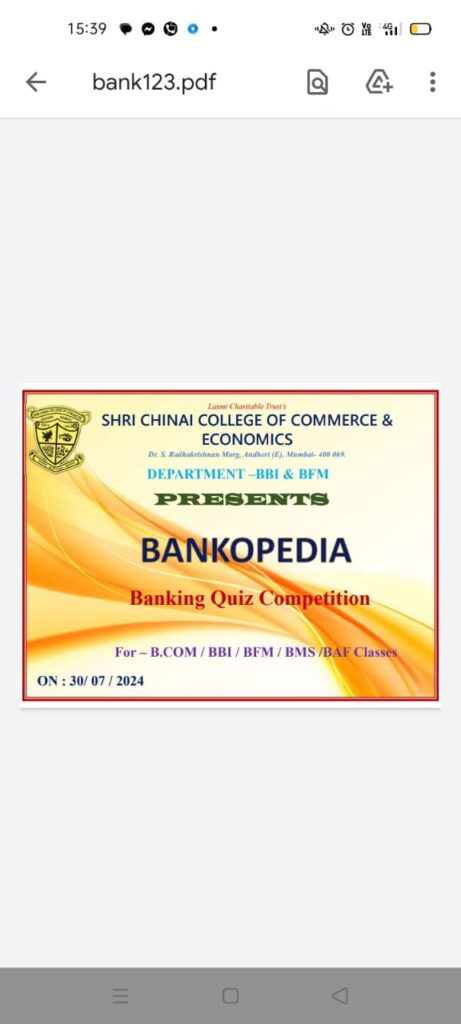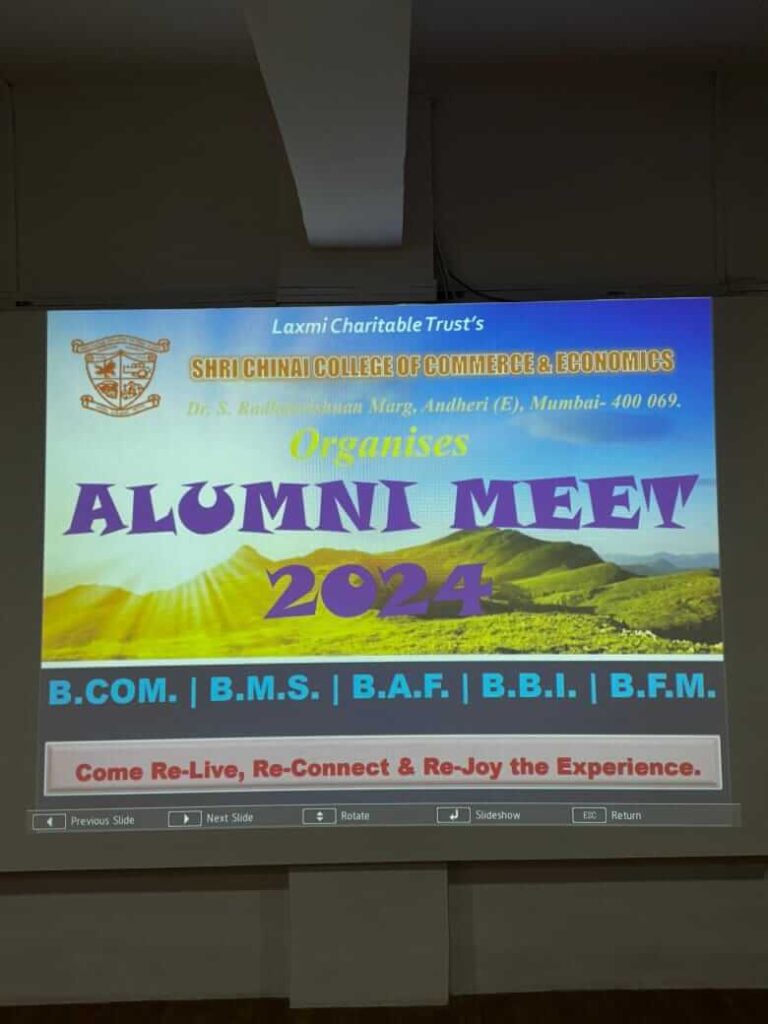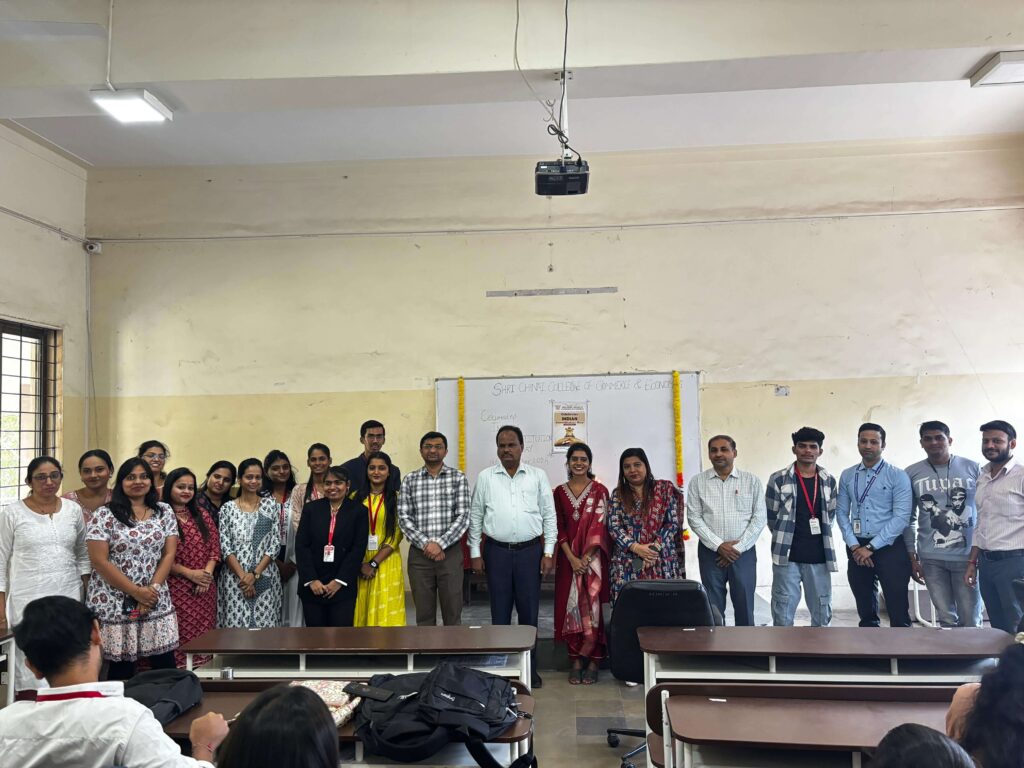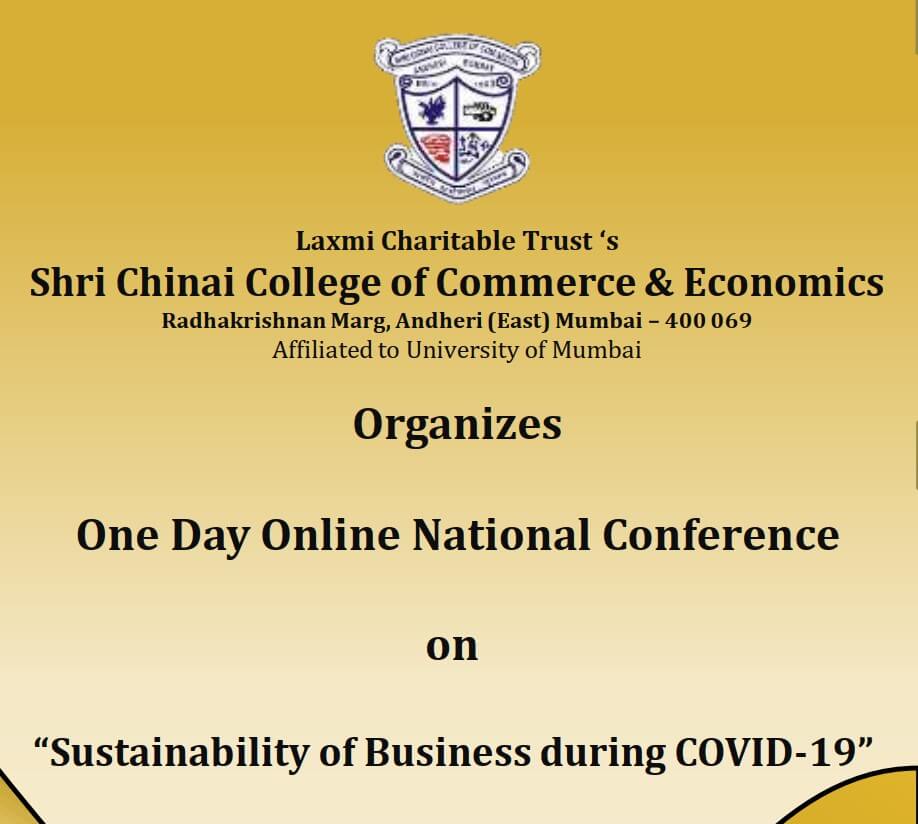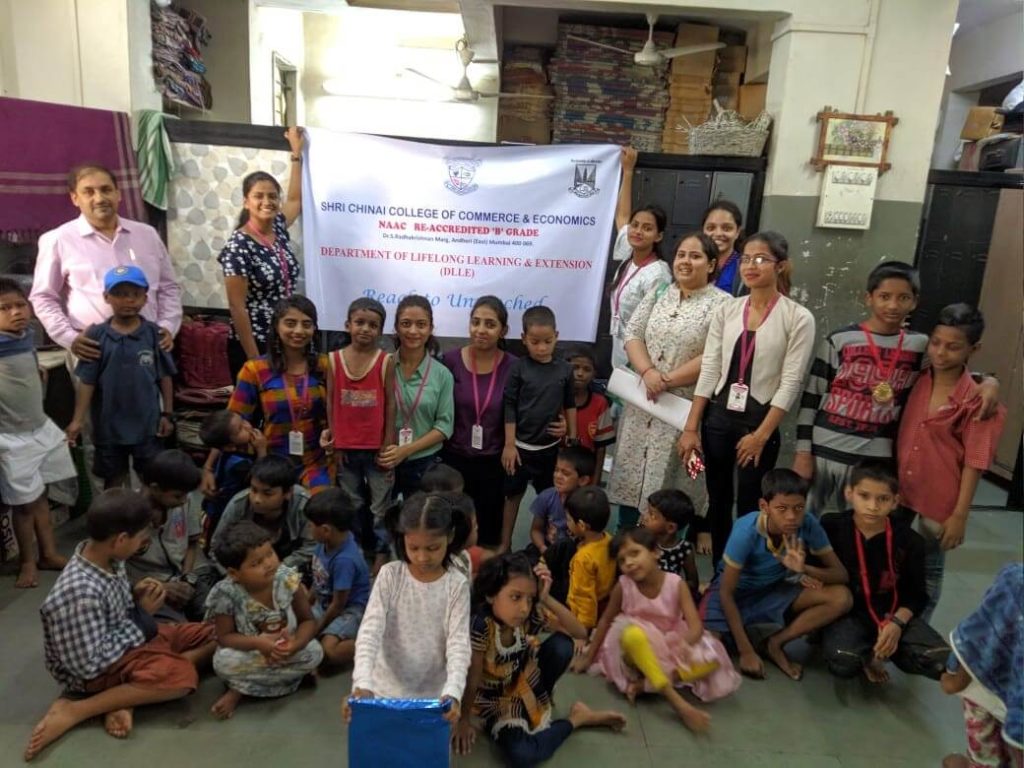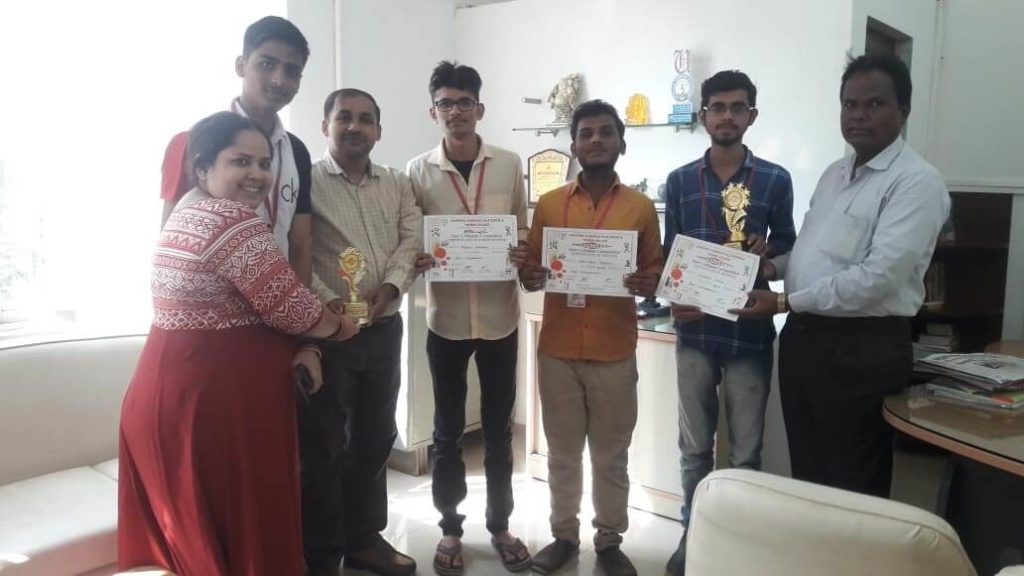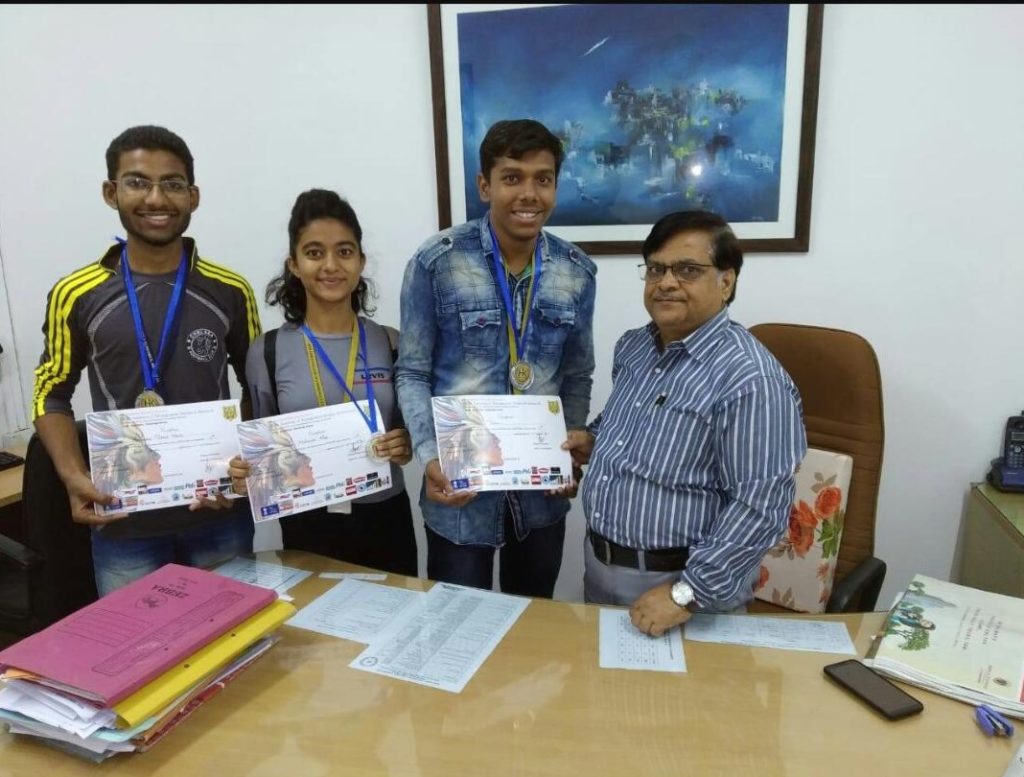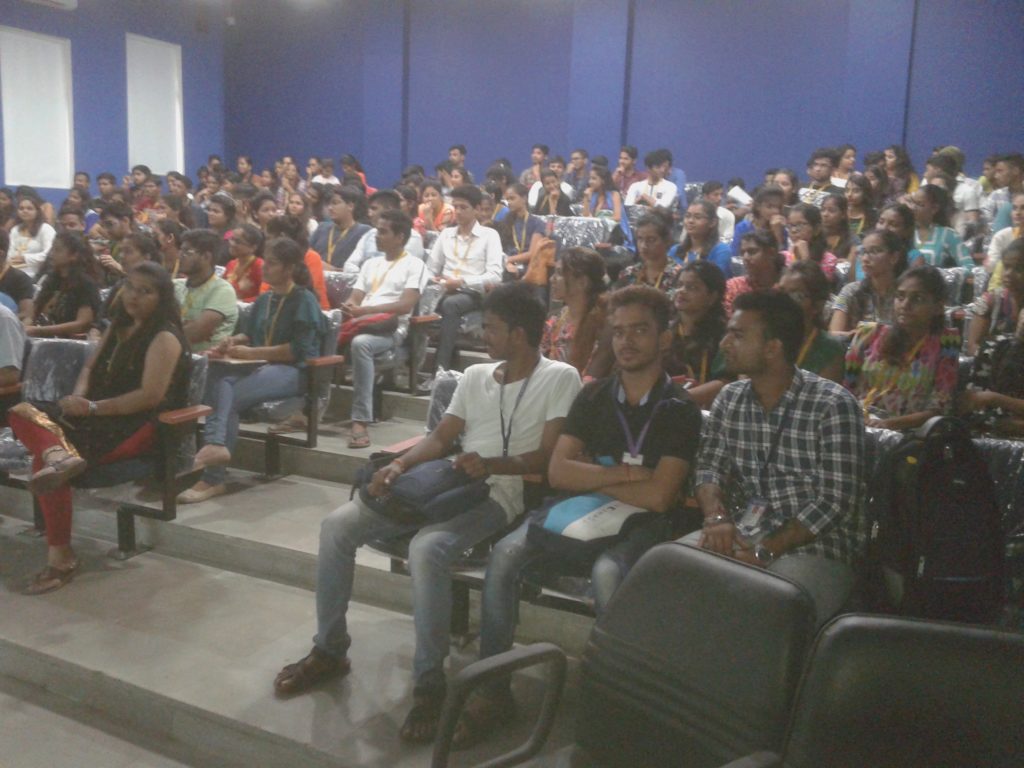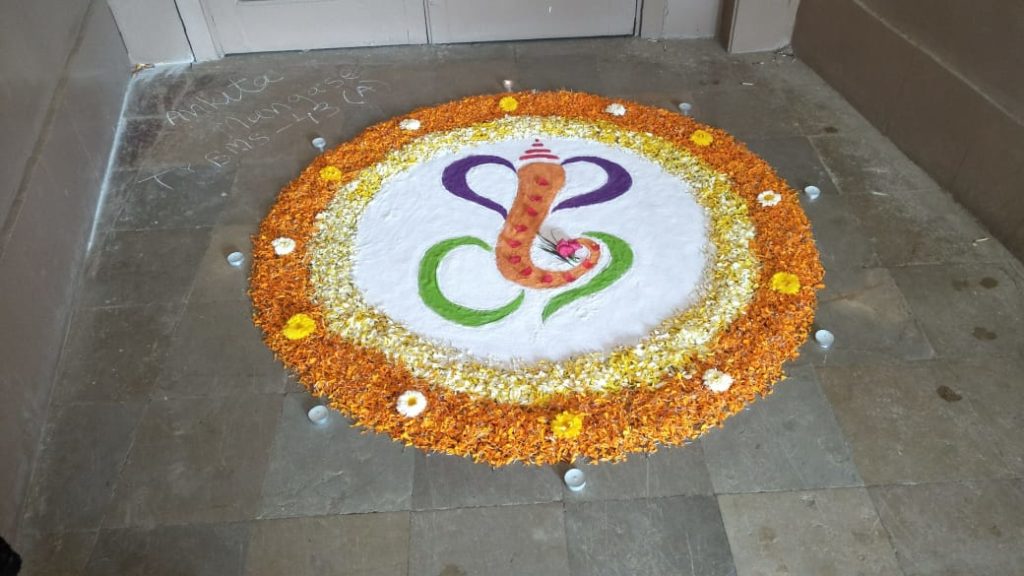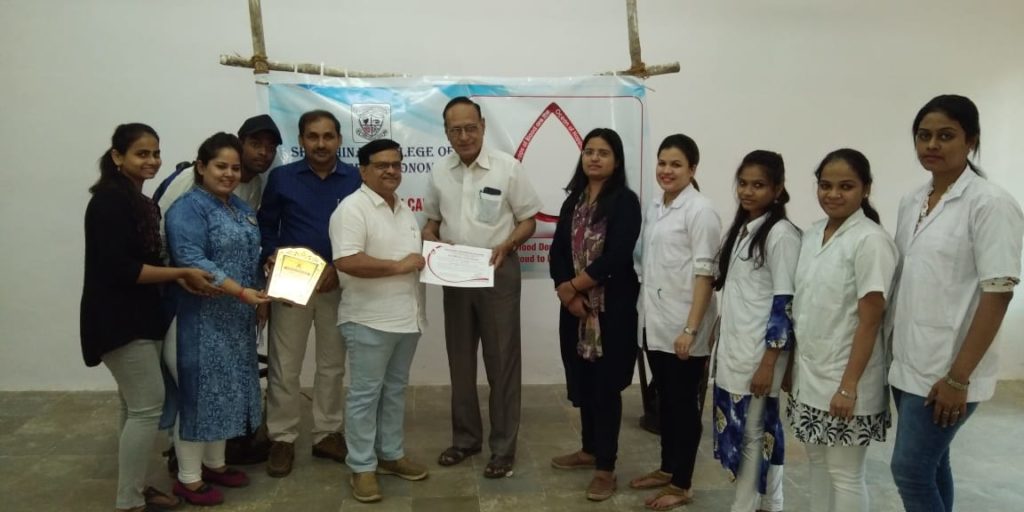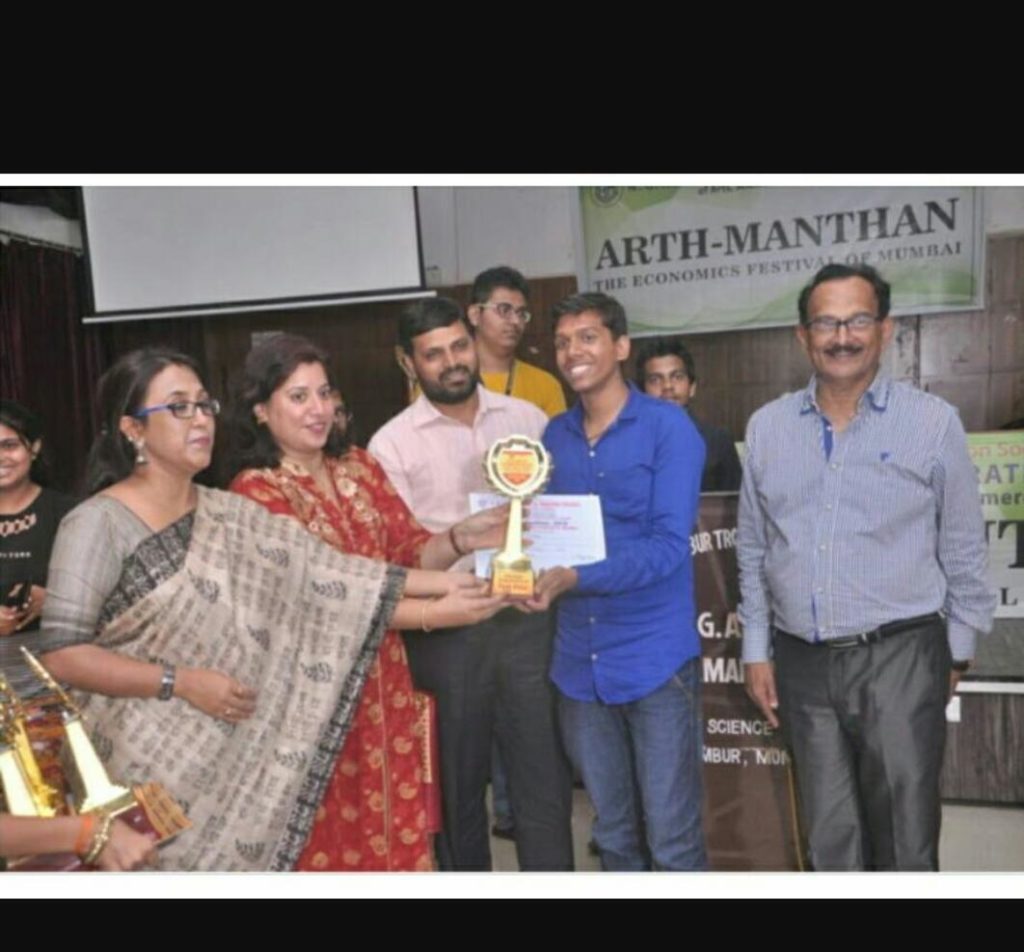If you are making B.Com as your career choice, then it is a smart decision. It is one of the trending courses after 10+2.
Before knowing about the career options after B.Com!! Let us discuss “What is Bachelor of Commerce?”
“A Bachelor of Commerce, abbreviated as B.Com is an undergraduate degree in commerce and related subjects. The course is designed to provide students with a wide range of managerial skills and understanding in streams like finance, accounting, taxation and management”.
Bachelor of commerce offers understanding in Accounting, Economics, Business Law, Taxation, Insurance and Management.
The Bachelor of Commerce (B.com) degree was first offered at the University of Birmingham. In India, the duration of B.com is 3 years. Candidates can pursue B.com in regular and distance mode.
Duration:
B.com is one of the most sought courses after 12th. It has the duration of 3 years divided into 6 semesters. The course covers a number of subjects during its study period. B.Com mainly focuses on Accounts, Mathematics and Economics.



